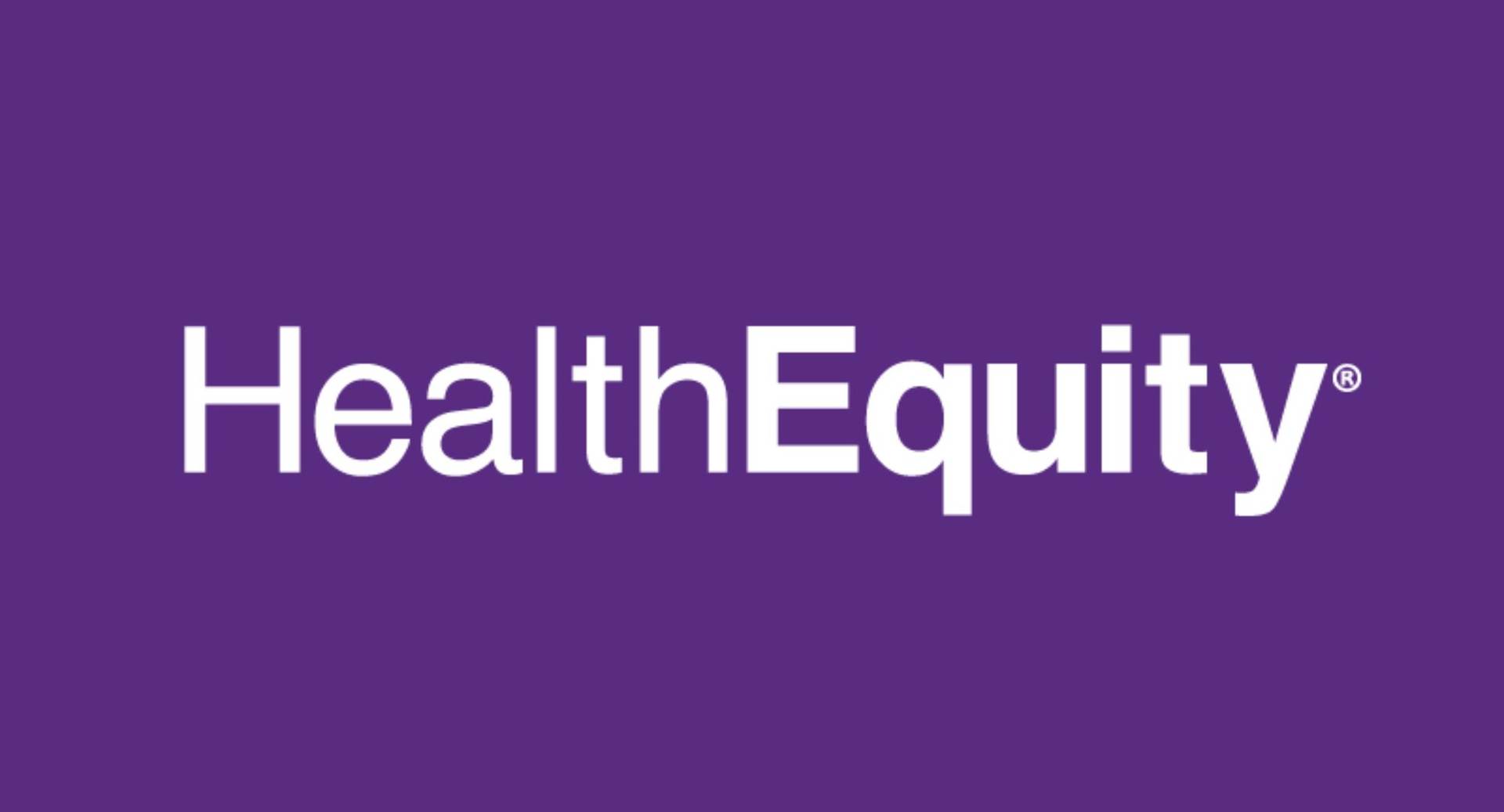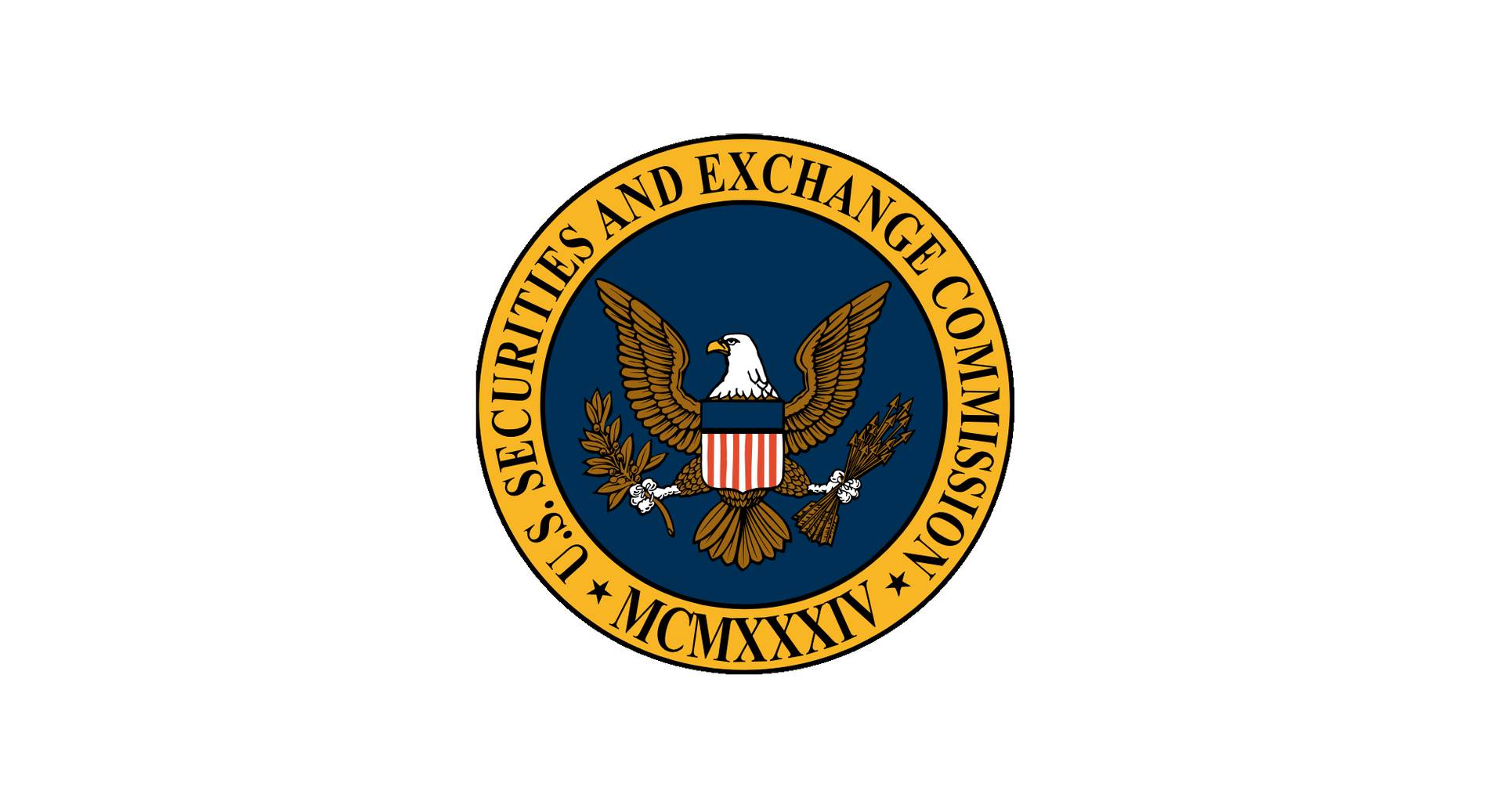and the distribution of digital products.
DM Television
What do we know about HealthEquity data breach so far?

The news of HealthEquity data breach has sent ripples of concern through the healthcare and cybersecurity communities. This incident, which came to light through an SEC filing in early July, has raised questions about the security of personal health information (PHI) and the vulnerability of third-party vendor access.
This discovery prompted an immediate investigation, revealing that the partner’s account had been compromised by malicious actors. Subsequently, these unauthorized individuals exploited the compromised account to gain access to HealthEquity’s systems and extract sensitive personal health information.
How did the HealthEquity data breach happen?The HealthEquity data breach, as reported in an 8-K filing with the SEC, was traced back to anomalous behavior observed on a device linked to a business partner. HealthEquity’s subsequent investigation confirmed that this behavior stemmed from the partner’s compromised account. Hackers utilized this access to breach HealthEquity’s systems and obtain “protected health information” (PHI) belonging to certain customers. The compromised data reportedly included personally identifiable information (PII), a critical concern given the sensitive nature of health-related data.
 The HealthEquity data breach resulted in the theft of protected health information (PHI), including personally identifiable information (PII) was detected after a SEC filing (Image credit)
The HealthEquity data breach resulted in the theft of protected health information (PHI), including personally identifiable information (PII) was detected after a SEC filing (Image credit)
According to HealthEquity spokesperson Amy Cerny, the incident was swiftly addressed upon detection on March 25. Immediate actions were taken to contain the breach, followed by extensive forensic analysis that concluded on June 10. The investigation determined that the breach exploited a third-party vendor’s access to HealthEquity’s SharePoint data, emphasizing the vulnerabilities associated with such partnerships in data security.
Mitigation efforts are there, just isn’t enoughIn response to the HealthEquity data breach, the company mobilized a comprehensive team of internal and external experts to investigate the incident thoroughly. The company’s efforts focused on not only containing the breach but also on preventing future incidents of a similar nature. Law enforcement agencies were promptly notified, underscoring HealthEquity’s commitment to transparency and collaboration in handling cybersecurity incidents.
HealthEquity has taken proactive steps to notify potentially affected partners, clients, and members about the breach. Despite inquiries regarding the specifics of the compromised data and the exact number of individuals impacted, HealthEquity has maintained discretion on these details. This cautious approach aligns with standard practices in data breach investigations, aiming to protect the privacy and security of affected individuals.
 The company has stated that its core operational systems were unaffected and that there is no evidence of malware being introduced into its systems (Image credit)
Operational continuity and assurance
The company has stated that its core operational systems were unaffected and that there is no evidence of malware being introduced into its systems (Image credit)
Operational continuity and assurance
Despite the HealthEquity data breach, the company assured stakeholders that its core operational systems were unaffected. There were no reports of technical disruptions, ensuring that business operations and services remained fully operational throughout the incident response period. This operational continuity underscores HealthEquity’s robust infrastructure and readiness to manage cybersecurity challenges without compromising service delivery.
Common workplace security breaches and how to prevent them
As the aftermath of the HealthEquity data breach unfolds, HealthEquity continues to evaluate the incident’s impact and the associated costs of its response efforts. While the financial implications are being assessed, the company has expressed confidence that the incident will not materially affect its business or financial outcomes. Nevertheless, HealthEquity remains vigilant in enhancing its cybersecurity measures to fortify defenses against future threats.
What if you are affected by HealthEquity data breach?If you find yourself affected by the HealthEquity data breach, here are the steps you should consider taking:
- Monitor notifications: HealthEquity typically notifies affected individuals directly about the breach. Keep an eye on any communications from them regarding the incident. They may provide specific details on what information was compromised and what steps they recommend you take.
- Credit monitoring: Often, companies affected by data breaches offer complimentary credit monitoring services. This can help you detect any suspicious activity related to your financial accounts.
- Identity theft protection: Consider enrolling in identity theft protection services, which can provide additional monitoring beyond just your credit report. This is crucial because breaches involving personal information can potentially lead to identity theft.
- Review financial statements: Regularly review your bank statements, credit card statements, and any other financial accounts for unauthorized transactions. Report any suspicious activity to your financial institution immediately.
- Change passwords: If you have an online account with HealthEquity or any other service using similar credentials, change your password. Use strong, unique passwords for each of your accounts to minimize the risk of unauthorized access.
- Be cautious of phishing attempts: After a data breach, there is often an increase in phishing attempts. Be cautious of unsolicited communications claiming to be from HealthEquity or related entities. Verify the authenticity of any requests for personal information before responding.
- Freeze credit report: Consider placing a freeze on your credit report with the major credit bureaus (Equifax, Experian, TransUnion). This prevents creditors from accessing your credit file, making it more difficult for identity thieves to open accounts in your name.
- Report suspicious activity: If you suspect that you are a victim of identity theft or notice any unusual activity related to your personal information, report it to the Federal Trade Commission (FTC) through their IdentityTheft.gov website. You can also file a report with your local law enforcement agency.
- Stay informed: Keep yourself informed about developments related to the breach. Follow updates from HealthEquity and trusted news sources to understand the ongoing impact and any further actions you may need to take.
- Seek support: Dealing with a data breach can be stressful. Reach out to resources such as consumer protection agencies or legal advisors if you need assistance navigating the aftermath of the breach.
By taking these steps proactively, you can mitigate the potential risks associated with the HealthEquity data breach and safeguard your personal information to the best of your ability.
Featured image credit: HealthEquity
- Home
- About Us
- Write For Us / Submit Content
- Advertising And Affiliates
- Feeds And Syndication
- Contact Us
- Login
- Privacy
All Rights Reserved. Copyright , Central Coast Communications, Inc.